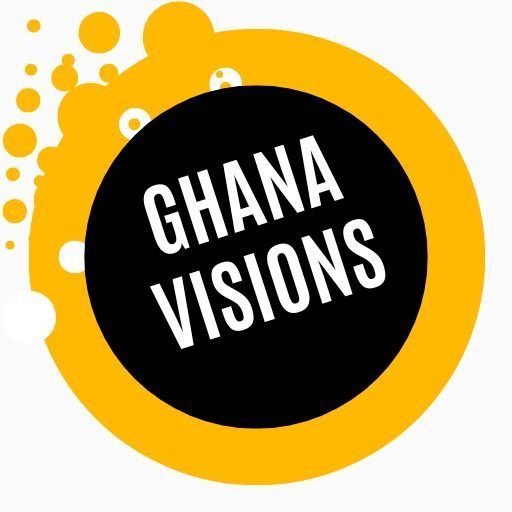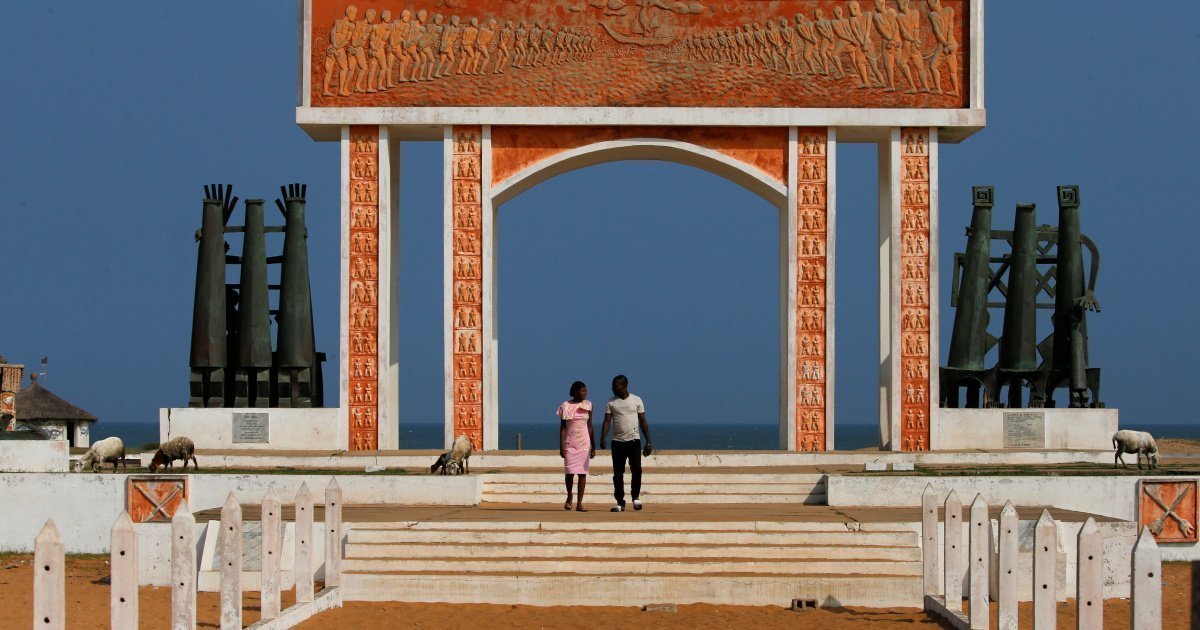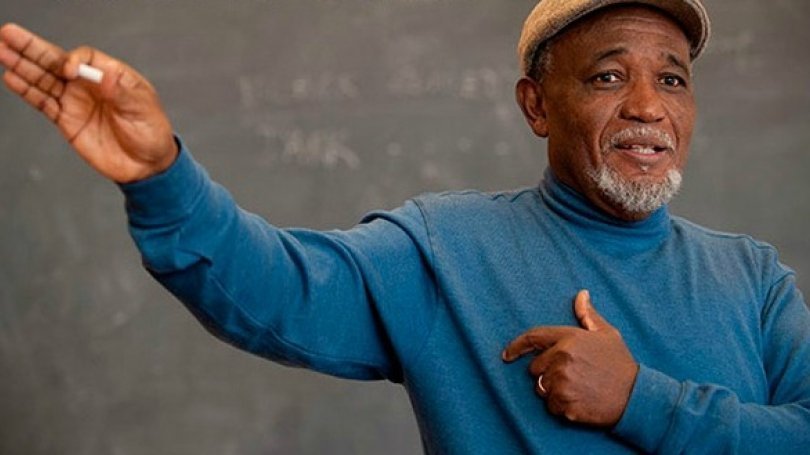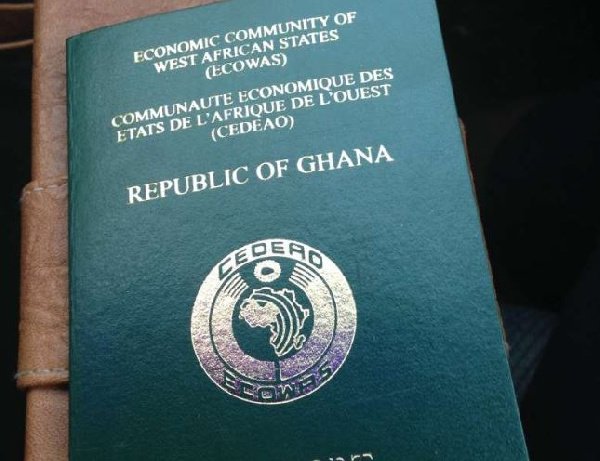Joseph Arthur Ankrah (18 August 1915 – 25 November 1992) was a General of the multitude of Ghana who filled in as the second President of Ghana from 1966 to 1969 in the place of Chairman of the National Liberation Council.
Ankrah likewise filled in as Chairperson of the Organization of African Unity from 24 February 1966 to 5 November 1966. Prior to turning into the Head of State, Ankrah filled in as the primary administrator of the Ghana Army.
Ankrah was brought into the world on 18 August 1915 in Accra to the Ga group of Samuel Paul Cofie Ankrah, a manager for the Christian Missionary Society, and Beatrice Abashie Quaynor, a dealer.
Ankrah started his tutoring in 1921 at the Wesleyan Methodist School in Accra, where his moniker was ‘Ankrah Patapaa’ for his “forcefulness in contentions and continuously playing the position of authority among his mates”. In 1932, he entered Accra Academy, one of the main optional schools in Ghana, where he secured himself as a decent football player.
He acquired the Senior Cambridge School Certificate in 1937. He then, at that point, joined the Ghana Civil Service.
Military vocation
Ankrah joined the Gold Coast Regiment in 1939. At the flare-up of World War II, Ankrah was prepared into the Royal West African Frontier Force. While his Brigade was in East Africa in 1940, he was moved to the Record Office in Accra with the position of Warrant Officer Class II and made second-in-order.
In October 1946, he went to the Marshfield Officer Cadets Training Unit in the United Kingdom and graduated in February 1947 as the primary African official in the Gold Coast Army. He was charged as a lieutenant in 1947 and turned into the principal African camp commandant at the Army Headquarters.
He was subsequently made the main Ghanaian Chief Instructor of the Education Unit. He was elevated to Major in 1956 and turned into the primary African to order an all-African organization, the Charlie Company of the First Battalion at Tamale, Ghana. He later became Lieutenant Colonel and assumed control over the entire legion.
He rose to the position of colonel by 1960, when there were not many Ghanaian officials at that level. During the United Nations Operation in the Congo, he was the Brigade Commander of the power-based at Luluabourg, Kasai in the present-day Democratic Republic of Congo.
He was the main Ghanaian granted the Military Cross in Leopoldville for demonstrations of phenomenal chivalry in Congo in 1961. The reference read:
With extraordinary good judgment, development, and thoughtfulness, this official took care of a fragile circumstance that in any case would have made grave outcomes in Leopoldville and many pieces of the Congo. Colonel Ankrah, with complete dismissal for his own life, incapacitated an Armée Nationale Congolaise (ANC) fighter who, with a stacked stone machine carbine, endeavored to shoot Mr. Lumumba.
He conveyed the Prime Minister to somewhere safe in a vehicle that was terminated by ANC ambushers. Had it not been for the speedy and intense activity of Colonel Ankrah that put his life in extreme danger, Mr. Lumumba’s life would have been faced with untold results around then.
After his involvement with the Congo, he has quickly elevated to Brigadier then Major General turning into the principal Ghanaian commandant of the Ghana armed force in 1961 and afterward Deputy Chief of Defense Staff. He was excused from the Ghana Army in July 1965 on doubt of contributing to an upset plot.
Politics
Ankrah turned to the top of the National Investment Bank in the wake of leaving the military. Nonetheless, he turned into the Head of state and Chairman of the National Liberation Council after the 24 February 1966 upset.
In January 1967, he interceded between the fighting groups of the Nigerian Civil War in Biafra. He had to leave as Chairman of the NLC and Head of State over pay-off embarrassment including a Nigerian financial specialist.
Sports
Ankrah filled in as the very first President of the Council of Patrons of Accra Hearts of Oak S.C. what’s more, guided the football club for a significant stretch.
Family
In 1965 he wedded his third spouse, Mildred Christina Akosiwor Fugar (12 June 1938 – 9 June 2005), in Accra.




